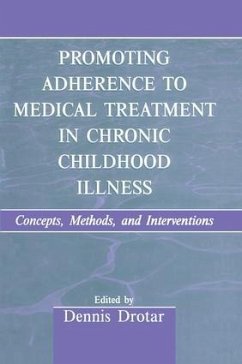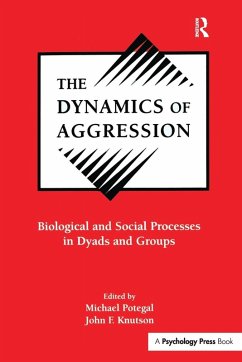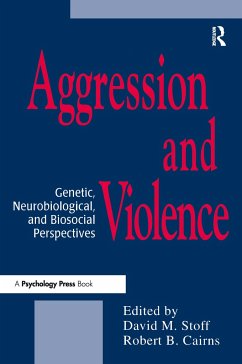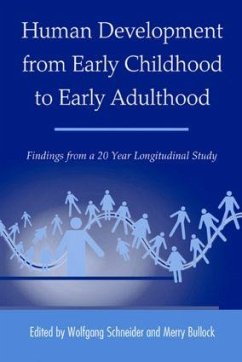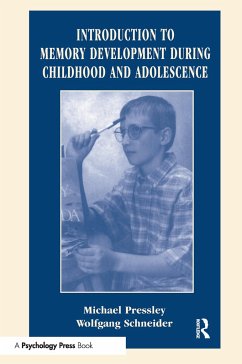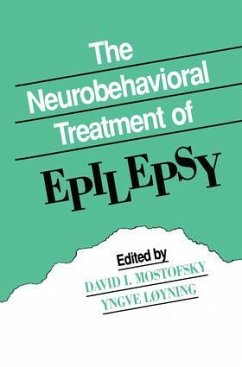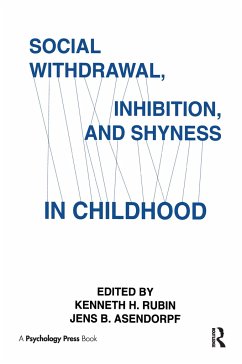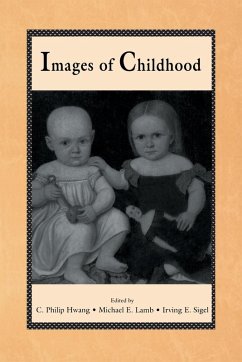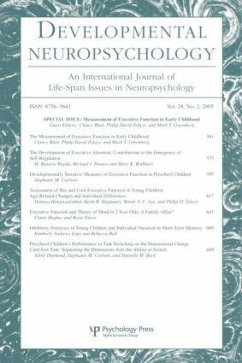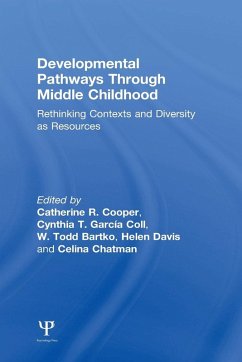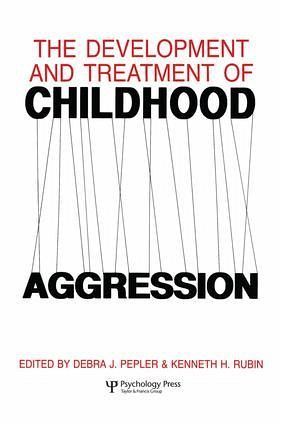
The Development and Treatment of Childhood Aggression
Versandkostenfrei!
Versandfertig in 1-2 Wochen
72,99 €
inkl. MwSt.

PAYBACK Punkte
36 °P sammeln!
Comprised of papers and commentaries from the Earlscourt Symposium on Childhood Aggression held in Toronto, Canada, this volume reflects the Earlscourt Child and Family Centre's commitment to linking clinical practice to identifiable research-based interventions which are known to be effective in the prevention and treatment of antisocial behavior in children. The education of human services professionals has typically failed to train individuals to work with specific client populations, providing a generalist approach grounded in theoretical assumptions and professional values rather than res...
Comprised of papers and commentaries from the Earlscourt Symposium on Childhood Aggression held in Toronto, Canada, this volume reflects the Earlscourt Child and Family Centre's commitment to linking clinical practice to identifiable research-based interventions which are known to be effective in the prevention and treatment of antisocial behavior in children. The education of human services professionals has typically failed to train individuals to work with specific client populations, providing a generalist approach grounded in theoretical assumptions and professional values rather than research and empirical studies. This compelling book serves to fill this gap in professional education in the area of childhood aggression. Representing substantial accomplishments in the advancement of an understanding of the plight of aggressive children and how best to ameliorate their often unpredictable and painful situations, this text allows for cautious optimism that empirical research can have practical consequences for aggressive children and their prospects for a better life. As such, it is a truly important information resource for professionals in the fields of developmental psychology and counseling.





